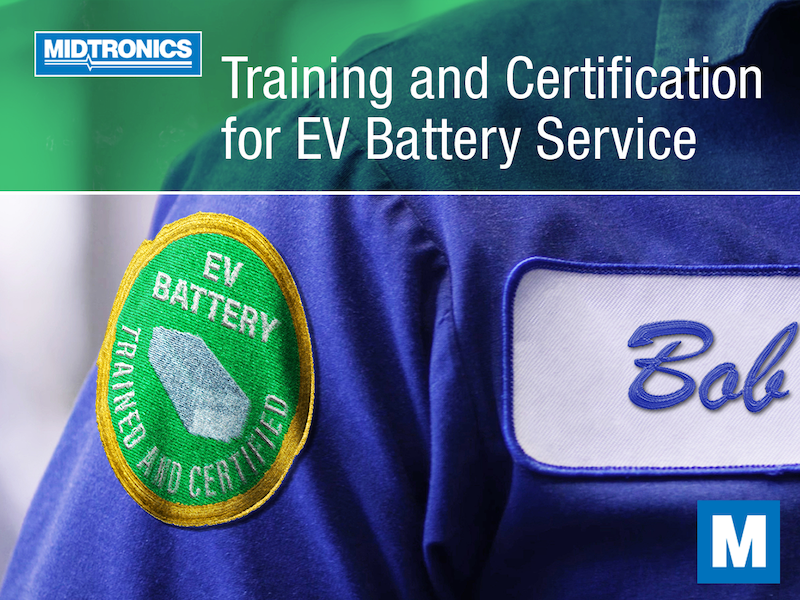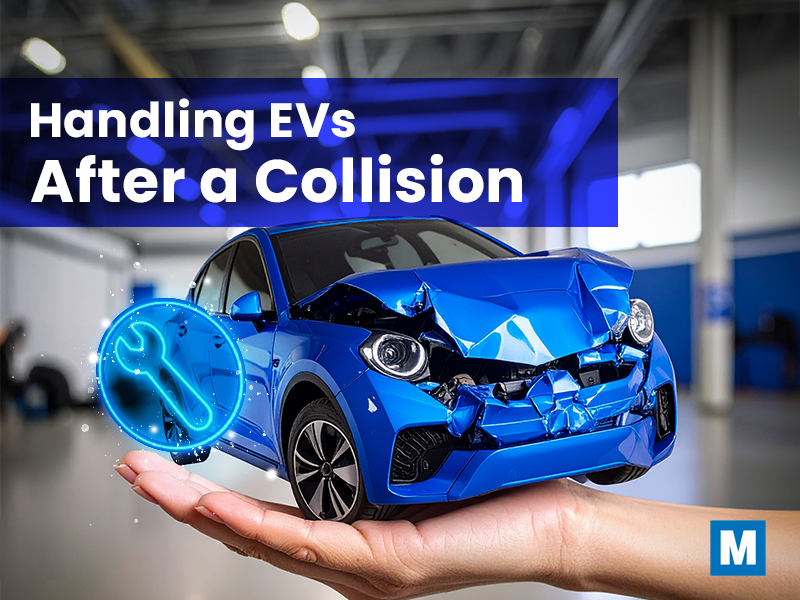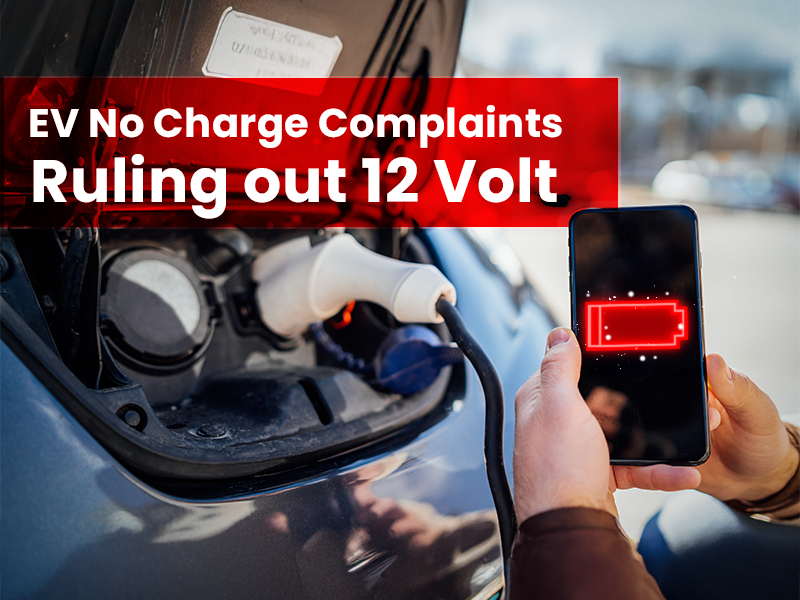Automotive technicians play a critical role in ensuring the safe and efficient operation of electric vehicles, especially as it relates to maintenance and repairs. As the use of electric vehicles continues to grow, technicians need to have the right training and certification to work on these complex and advanced systems.
What types of training and certification should technicians have for working on electric cars? It ranges from general mechanical knowledge to specialized high-voltage handling skills, and a healthy dose of computer skills too.
Skills to Build
Like any automotive tech, EV techs will need a broad range of skills and knowledge to ensure the work they do keeps them safe, promotes long-lasting operation, and repairs the vehicle in a timely fashion.
Automotive Service Excellence (ASE) Certification
The National Institute for Automotive Service Excellence (ASE) offers certification for automotive technicians and is the widely recognized standard in the automotive industry. This certification program covers a wide range of vehicle systems and components, including more and more electric and hybrid vehicle technology as the segment grows. Having ASE certification demonstrates a technician’s knowledge and skills in their field and their commitment to learning.
Electric Vehicle Technology Training
This type of training covers the basics of electric vehicle technology and how it differs from traditional internal combustion engine vehicles. It covers topics such as battery management systems, charging infrastructure, and vehicle control systems. This training is essential for technicians to understand how to diagnose, repair, and maintain electric vehicles.
EV technology programs are still in their fledgling state across the US, and they aren’t standardized as of yet. There are some good places to begin such as the EV Champion Training Series put on by the Federal Energy Management Program and the online Electric Vehicle Technology Certificate program from Sills Commons.
Manufacturer-Specific Training
Many manufacturers offer specific training programs for their electric vehicles, and for the technicians employed by their franchised dealerships. This training covers the technical details of a particular electric vehicle model and includes information on maintenance, diagnostics, and repair. Manufacturers may also provide hands-on training opportunities to give technicians practical experience working with the vehicle’s components and systems.
This is the right type of training to learn the ins and outs of manufacturer-specific models if you work in the dealership environment rather than generalized training and principles. Often, it’s free to take as a dealership employee.
Hybrid Vehicle Technology Training
Electric vehicles cross over into valuable skills to work on hybrid technology, which combines an electric motor and a conventional internal combustion engine, but there are nuances that should be addressed. Technicians who have received hybrid vehicle technology training will be able to diagnose, repair, and maintain the electric and conventional systems in hybrid vehicles, a segment that’s growing and expanding during the next decade while electrification booms.
Battery Service Tools
The need to discharge high-voltage batteries so they can be serviced will grow, especially as EVs age. Other services such as battery balancing will also be necessary skills to have as a technician. Becoming familiar with these tools and technologies requires learning how they work and practicing safe usage.
The rise of electric vehicles presents new challenges and opportunities for automotive technicians. To meet these challenges, technicians should consider obtaining certification in each of the mentioned areas. By having the right training and certification, technicians can demonstrate their knowledge and expertise in working on electric vehicles and ensure their customers receive the highest level of service.
Is EV Training Really That Important?
An automotive technician who hasn’t received the proper training to work on electric vehicles could be in for some trouble. Here are a few things that can go wrong:
- Misdiagnosis – Without the proper understanding of electric vehicle technology, it’s easy to jump to the wrong conclusions and misdiagnose the problem. This can lead to unnecessary repairs and a waste of time and money. In an era where instances of ‘fixed first visit’ are so critical to dealership success in the service lane, there’s no room for wrong diagnoses or repeat visits for the same problem.
- Safety Risks – Electric vehicles have high-voltage electrical systems, and if you’re not trained on how to handle them safely, you could be putting yourself in danger. High voltage can lead to electric shock, fire, and other hazardous situations. By spending the time to learn about EV servicing needs, techs will not just understand which safety processes to follow but the why behind why it’s important.
- Inefficient Repairs – Techs that are not trained in electric vehicle technology will likely struggle to repair these complex systems, leading to longer repair times and higher costs for the customer. For EV buyers who are exceedingly conscious of their most valuable resource – time – it can spell disaster for loyalty and referrals.
- Damaged Components – If a technician doesn’t know how to handle and repair electric vehicle components correctly, they may end up causing damage during repairs. This can result in additional costs for the customer and decreased reliability of the vehicle. When the cost of a battery pack is several thousand dollars and parts availability is still struggling to keep pace with the exploding EV segment, it could cost the shop more than you can imagine, both financially and in time.
- Liability Issues – If you perform repairs on electric vehicles, or allow technicians without the proper training and certification to work on EVs, you could be held responsible for any damages or injuries that occur as a result. This could end up being a costly situation for you and your business.
It’s incredibly important to have the right training and certification to work on electric vehicles. This not only helps you do your job safely and efficiently, but it also helps ensure that your customers receive the best possible service.




